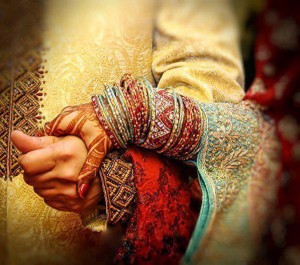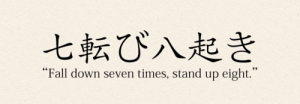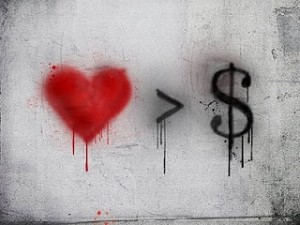(Reprinted from the Huffington Post)
RELATIONSHIP ADVICE FOR WOMEN FROM A SPIRITUAL PERSPECTIVE

“Everyone is gifted, but some people never open their package.” ~Wolfgang Riebe
Everyone has potential. We are born with it.
But the big question is will we live up to it? Will we meet it?
Just because we have potential doesn’t mean we will express it in our life.
As women, one of the very best qualities we have is that we can see the best in people. We can sense what a person is capable of. This is an incredibly significant sensitivity. As a mother, for instance, it’s important to see our children’s potential. We want to help them foster and cultivate it to help them realize their potential in the world.
But when we take this skill into the dating arena, this very same ability may not always be in our best interest…and it can sometimes even prove to be our greatest downfall. Because we can sense what our partner is capable of, we may be too quick to throw all our eggs in that heart-basket whether that potential will ever be actualized or not.
We can sense that potential right there, just beneath the surface. But because of woundings from childhood, or just plain being thwarted by life, our partner may leave their most valuable gifts unexpressed, laying dormant in their inner-diamond-heart like hidden buried treasure.
We can fool ourselves out of our need or desperation and develop a fantasy about our man that seems, and feels true, but is not actually realizing. We may gloss over what we hope our partner can be, rather than what he actually is. We can even fall in love with his potential.
That inner part of you that is aware knows all of this though, and this is what you must call on as you navigate the dating minefields of love. It’s important to stay awake to reality, especially in a new relationship, and especially if you find yourself head-over-heels in love, where it’s easy to lose all sight of shore.
In life, and especially in regard to men, the proof is in the pudding. This means, it is by his action that you can discern his potential-into-reality-ratio. For example, when there is a problem or a challenge, what does he actually do? Does he show up? Does he keep his word? Do his words match his actions? Does he admit when he’s wrong? When he fails, does he try again? Does he do what he says? The answers to these questions are the beginnings of perceiving a man’s character and sense of purpose.
It’s pretty straight forward, really. For a man leads by his action. What he does doIS what he is thinking and feeling. So, if he is not doing something, if he is not showing up, if he isn’t coming through, then that IS how he feels. His actions will show you.
There is an old saying that says: behind every great man is a great woman. A man needs someone to believe in him. That is how his best will shine forth. It’s important to help your man realize his potential. That potential IS there. But it’s equally important that he lives up to it. That he shows you. That he tries.
And yes, many people have not yet fully realized their potential; it is a work in progress, is it not? However, it will still be being implemented in some way. Actionswill be being taken. Real efforts will be being made, with real results.
So, let him show you. Let him prove it. And while he is showing it to you, he will prove it to himself.
And, of course, we all need to ask ourselves the same question. Am I living up to my full potential?
From a spiritual perspective, not only do we need to live up to our potential; it is our responsibility to. It is a spiritual imperative. None of this is predicated on success, of course. It isn’t about winning, or making the most money, or getting an Oscar, though of course, you may. It is about living your life with passion and compassion, with creativity and curiosity, and letting that beautiful inner diamond within you be expressed, some way, somehow!
Diana Lang is a spiritual teacher and author of
OPENING TO MEDITATION – www.DianaLang.com







